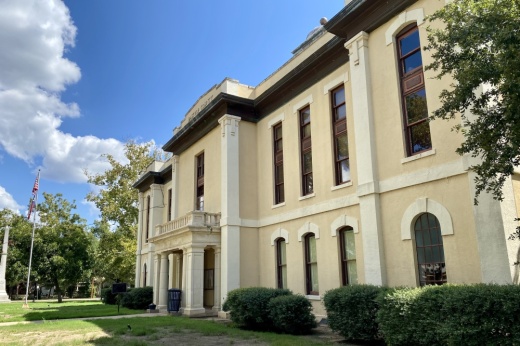The tool will allow the public free access to expert-reviewed resources for user mental health and well-being improvement, interactive assessments, and mental health and well-being topic write-ups, according to a county document.
The cause
“As all of you know, this country has experienced a mental health crisis,” said Donna Nichols, Bastrop Public Health Department director, during the meeting. “We’re no different here in Bastrop County. We can’t treat ourselves out of this particular condition.”
She highlighted how Bastrop County held 10 community discussion groups in 2024, which represented feedback from about 112 residents.
“What came out of those discussions was the need for mental health support and approaches that could take care of those individuals who are not in that treatment phase,” Nichols said.
Explained
When the Behavioral Health 360 program launched, there were approximately 200 communities across the country that participated. In Texas, there are several with active Behavioral Health 360 programs, including:
- El Paso County
- Hays County
- San Antonio
The Behavioral Health 360 program—expected to be available to Bastrop County residents within six weeks after the lease agreement is signed—will be available 24/7.
Officials will also be able to receive real-time data through a dashboard to see what residents are interested in, which will allow Bastrop County to implement more targeted programming.
“No names are attached,” Nichols said of the data.
What else?
Precinct 2 Commissioner Clara Beckett questioned if there was a better service available.
"We actually called Denton County and said, 'Tell us your experience and whether the juice is worth the squeeze,'” Nichols said, who noted the program is the only one supported for public health purposes. “They said it most definitely is."
The Behavioral Health 360 Program will cost Bastrop County $17,700-$13,200 for an annual license fee, $2,500 for an annual Spanish language translation fee and $2,000 for implementation—and will be paid for with remaining funds from a National Association of County and City Health Officials grant.
“It is not the ultimate solution,” Nichols said. “It is one step for self-care and assessment.”





